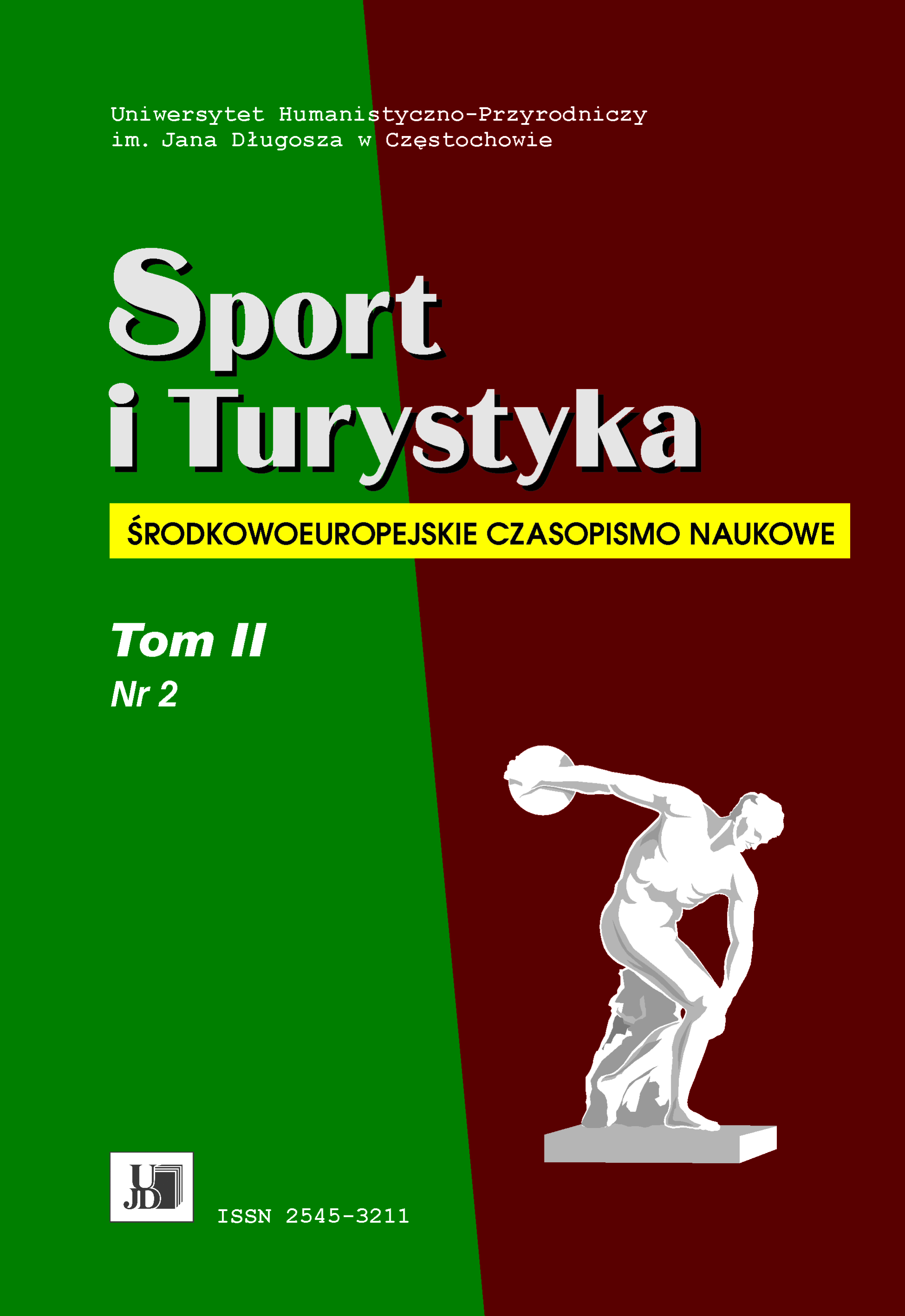Abstract
Introduction. Changes in organisation of tertiary schools, imposed by the 2018 Tertiary education law, limit possibilities of counting academic works of scholars representing different fields or disciplines than a given school’s main ones among its achievements. In our case the main discipline are physical culture sciences, placed in the field of medical sciences. It makes it impossible to look at physical culture in a holistic way, because all achievements of the humanities and social sciences are lost.
Material and Methods. A thesis about a necessity of a systemic attitude to physical culture sciences was being proved by analysing literature and source materials concerning the meaning of the very term “physical culture”, presenting history of coming into being of that notion, describing the structure of the system of physical culture sciences and considering benefits from a comprehensive view of various problems of that discipline.
Results. Several important definitions of the notion we are interested in – including legal ones and international ones – were juxtaposed and compared. Figures and works of authors who were the first in the world to use that term were presented. Finally, schemes reflecting the structure of the system of physical culture sciences were referred to.
Conclusions. Regarding complexity of physical culture issues and the fact that the aim of the school is training of pedagogical personnel (PE teachers, instructors, coaches, etc.), evaluation of quality of that kind of academic institutions should not be based solely on academic works of authors dealing only with subjects corresponding to medical sciences, because wiping out of socio-humanistic issues deforms ideas and sense of education of personnel for the whole line of work.





